History
Intent
At the Queens’ Federation we aim to foster ‘Learning for Life.’
We will provide a rich, relevant and inspirational curriculum that promotes a lifelong love of learning and equips our pupils with the key knowledge and understanding, skills and personal qualities that they will need to thrive in a rapidly changing world. Our curriculum is designed to be relevant to our children and is linked to the context of our school and the local community.
At the Queens’ Federation, our high-quality, creative history curriculum aims to inspire a curiosity and fascination about the past. Pupils will develop a well-rounded knowledge about the past and its events, will be able to make links between topics studied and will understand how the past has shaped our lives today.
Implementation
Our history curriculum develops both historical skills and knowledge. Pupils have opportunities to investigate and interpret the past, understand chronology and communicate historically. Our curriculum is organised chronologically enabling pupils to be able to draw comparisons and connections between different time periods and their own lives. We aim to enable our pupils to build an overview of local history, the wider local community, Britain’s past and the past of the wider world.
Our history curriculum is enriched through the use of hands-on experiences, school-based historical events, visits to places of significance in the local area, trips to museums and sites of historical relevance and presentations by visitors. All of these activities provide our pupils with the opportunity to acquire new knowledge and understanding and to develop skills which can be utilised within their learning at the Queen’s Federation. The curriculum is enriched, wherever possible, through links to learning in other curriculum areas such as geography and english.
We view assessment as a holistic process, which takes place in every lesson through observation of, in questioning and in conversation with pupils and in the production of written outcomes. History assessment criteria set out the key knowledge and skills that a pupil should achieve at the end of each unit of work.
Impact
Our curriculum aims to ensure that pupils leave the Queens’ Federation with a coherent knowledge and understanding of Britain’s past and that of the wider world. Pupils will be equipped with historical skills and knowledge and will be curious to know more about the past. Pupil outcomes evidence a broad and balanced history curriculum and at the end of each year, pupils achieve age related expectations and retain the knowledge and skills learnt from each unit of work.
Yearly Overview
Foundation Stage
Children in the Foundation stage will follow the Early Learning Goals, in which ‘History’ is covered in the Understanding of the World area of learning.
From Year 1 to Year 6
All children will follow the National Curriculum programmes of study, which are divided into Key Stage 1 and Key Stage 2. These are then divided into areas of knowledge, skills and understanding. The table below shows when History is taught at Queen Emma and the topics within which it appears.
|
Autumn 1 |
Autumn 2 | Spring 1 | Spring 2 | Summer 1 | Summer 2 | |
|---|---|---|---|---|---|---|
| Y1 |
Changes within Living Memory: Exploring Toys |
Significant Historical People and Places: Castles / Castle Visit |
||||
| Y2 |
Events Beyond Living Memory: Wright Brothers / The First Flight |
Events Beyond Living Memory: Great Fire of London |
Lives of Significant Individuals: Comparison of Florence Nightingale and Mary Seacole |
|||
| Y3 |
Settlement / Migration: Stone Age to Iron Age |
Civilisation: Ancient Greeks |
||||
| Y4 |
Invasion: The Roman Empire and its impact on Britain |
Invasion: The Roman Empire and its impact on Britain |
Civilisation: Achievements and Impact of ‘The Golden Age of Islam’ |
|||
| Y5 |
Migration / |
Civilisation: Ancient Egypt |
||||
| Y6 |
Post 1066: World War 2 – Causes and Events of WW2 / The Blitz / The Battle of Britain / Impact of WW2 on Britain |
Local History Topic: The story of Queen Edith and Queen Emma |
History Timeline
Queen Emma has an amazing historical timeline in the studio area of our school. The timeline begins in the Stone Age and travels all the way to present day, even including the opening of Queen Emma Primary School in 2011. We are looking forward to using our new timeline to help with our learning in history this year.
Useful Links For KS2
Stone Age to Iron Age
https://www.bbc.co.uk/bitesize/topics/z82hsbk
https://www.english-heritage.org.uk/visit/places/stonehenge/
http://www.orkneyjar.com/history/skarabrae/
Anglo Saxons and Vikings
https://gridclub.com/activities/anglo-saxons
https://www.bbc.com/bitesize/topics/zxsbcdm
https://www.bbc.com/bitesize/topics/ztyr9j6
https://www.dkfindout.com/uk/history/vikings/
https://www.natgeokids.com/uk/discover/history/general-history/anglo-saxons/
https://www.natgeokids.com/uk/discover/history/general-history/10-facts-about-the-vikings/
Ancient Egyptians
https://www.dkfindout.com/uk/history/ancient-egypt/
https://gridclub.com/activities/ancient-egypt
World War Two
https://www.bbc.co.uk/programmes/p059sqrc
Examples Of Learning
Year 2 had a great day learning all about The Great Fire of London and the jobs people would have at the time. They learnt about why the fire spread so easily, and enjoyed this through practical learning and role play.
The children have worked hard on their historical thinking skills and have demonstrated good reasoning and fact finding using evidence, and making comparisons to modern day life.

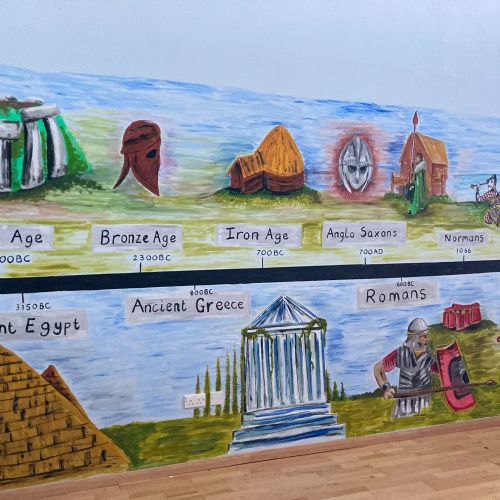
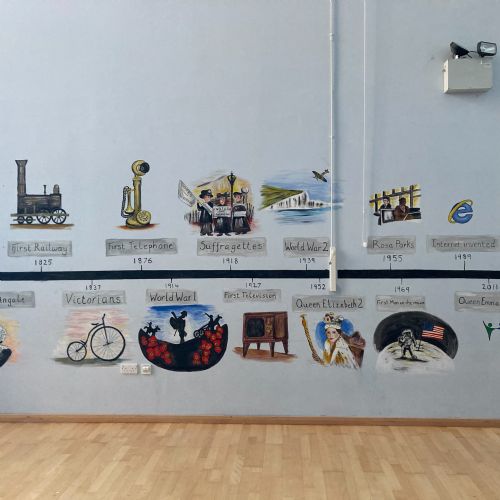
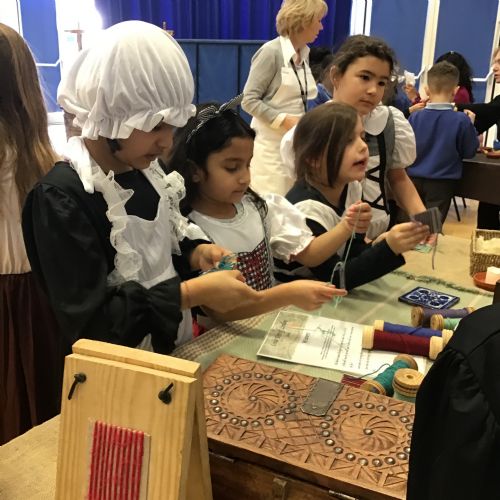
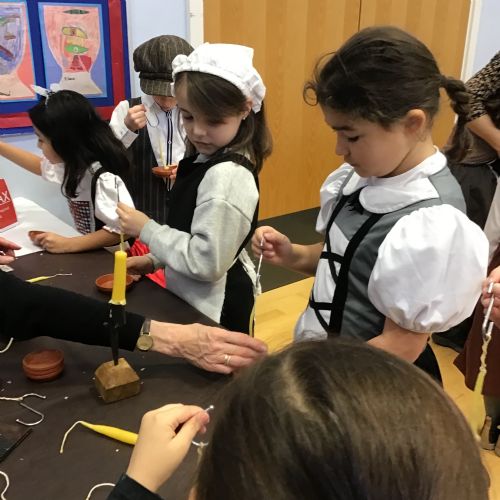
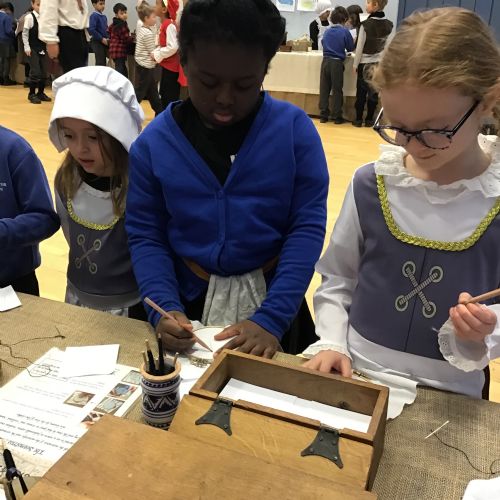
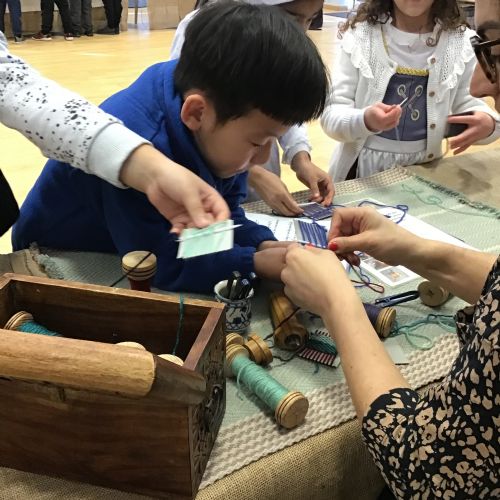
.JPG)
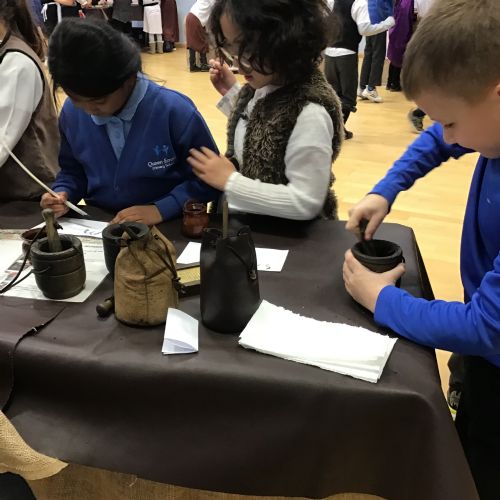
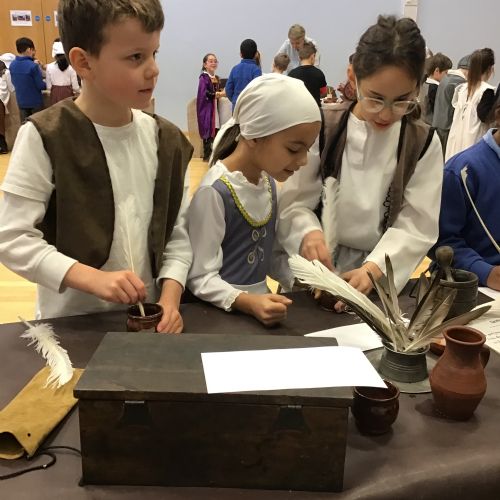
.jpg)
.jpg)
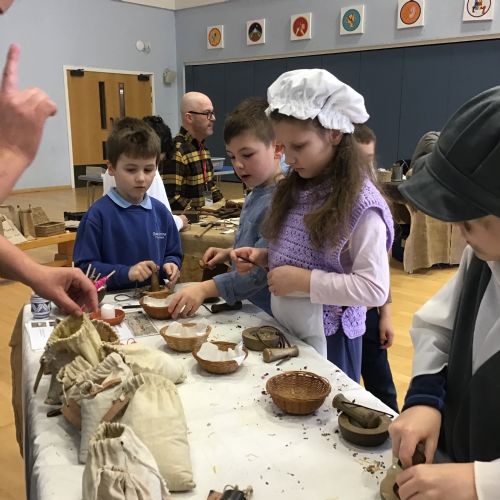
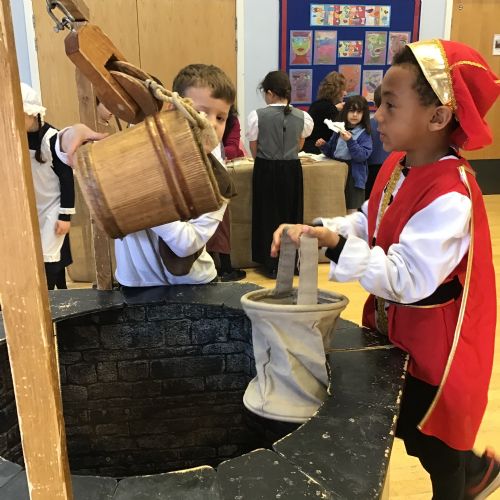
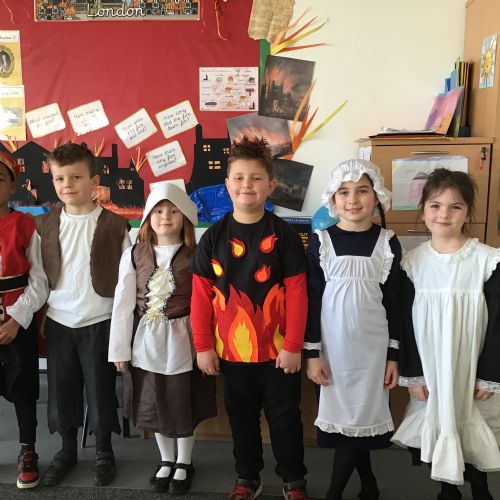
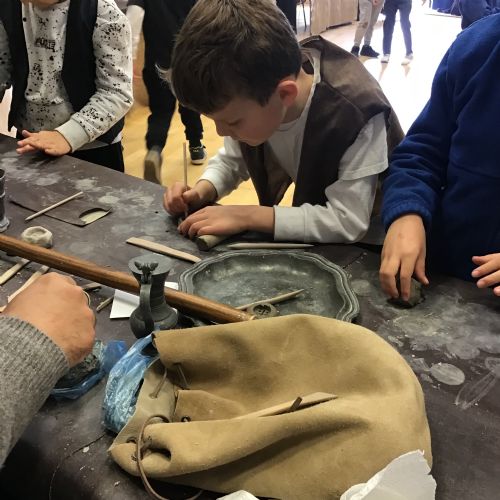
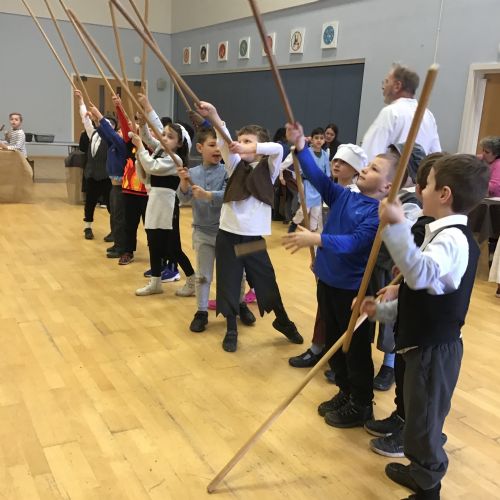
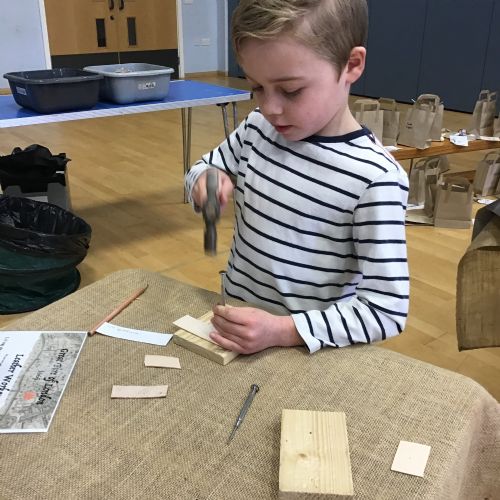
.jpeg)
.jpeg)
.jpeg)
.jpeg)
.jpeg)
.jpeg)
.jpeg)